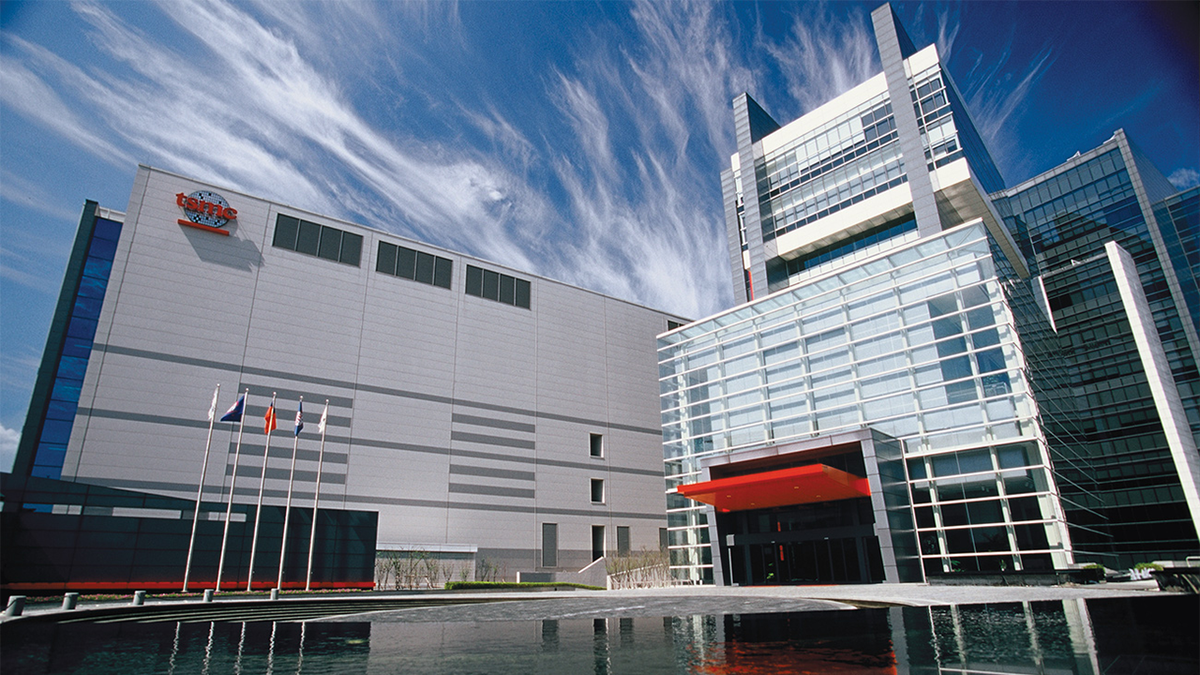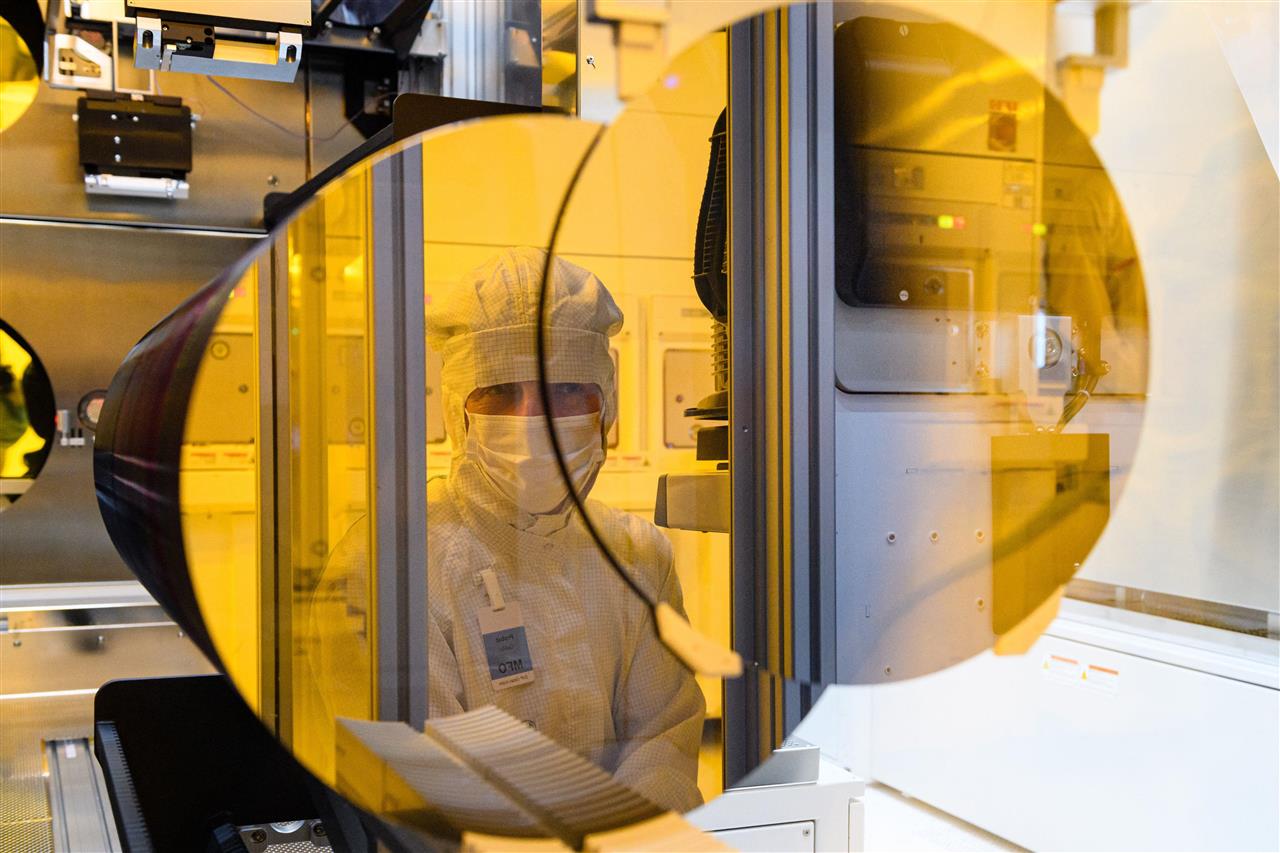I do not see Intel screwing over or pulling another Core era out of their hat. For all intents and purposes, the stars were aligned for Intel's decade of invincibility because AMD dropped the ball multiple times along with tying up their cash resources in overvalued acquisitions that wouldn't pay off for a long time. Intel's Big.Little may make Intel competitive, but I sincerely doubt they'll ever pull out another whopper like they did.
While I don't really disagree with your overall premise, you have to be cautious with blanket statements like "I don't see Intel pulling another Core era out of their hat". I see people making predictions all the time that what happened in the past will not happen in the future because reasons.
"There's no way mobile SoCs will ever compete with x86, they don't have the massive resources the Intel x86 monopoly gives them to throw at the problem." Witness M1 Macs proving that wrong (first by Apple helping make the mobile market larger than the PC/server market could dream of, then by launching ARM Macs that easily beat everything Intel offered in the same product classes)
"The era of big increases in IPC is over, the low hanging fruit has already been grabbed." Witness Apple's big IPC jumps in each generation over the past decade.
"We might see big IPC jumps for Apple because they were catching up from behind and designing for a lower clock rate, but we'll never see more than minor improvements for x86 because the design is mature and its complex instruction coding makes it impossible to increase width." Witness the AMD's jumps with Zen and Intel's claimed improvements for its upcoming CPUs.
"Apple needs to make a deal with Intel if they want access to the best process, the foundries are more than a generation behind and often late with their next generation thus falling further behind while Intel delivers a new process every two years like clockwork." Who could have predicted the situation we find ourselves in today when the "Intel will fab Apple SoCs" rumors first appeared a decade ago?
So I'll take any claims that just because Intel has had a rather underwhelming second half of the 2010s decade as far as IPC improvements that they can't get back on the train with "another Core era" if you will. Whether they can depends on the extent to which improved architectures were shelved because they were designed for 10nm and never saw the light of day due to process delays, and Intel had little incentive to push hard because they had no real competition the PC/server marketplace.
There are still plenty of ideas out there to try, from things their colleagues are doing (I'm sure Intel, AMD, Apple and ARM are all taking a close look at what IBM's architects did with Z16's cache architecture) to academic papers detailing new concepts. Now obviously sometimes when you try new things you end up with Core, but other times you end up with Bulldozer, so there are no guarantees.






